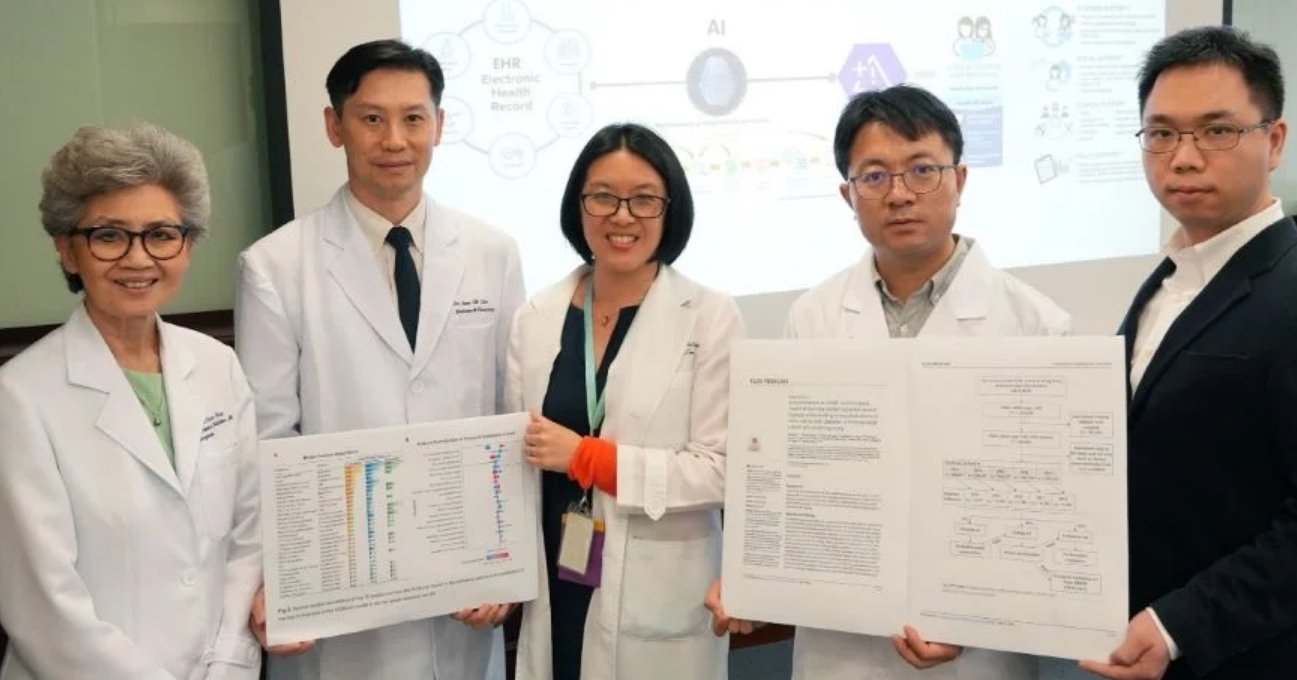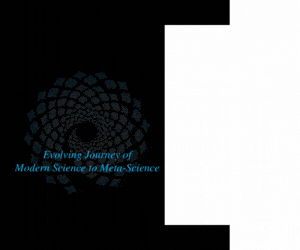Hong Kong develops machine learning model to predict risk of severe hypoglycemia in diabetics
23rd April, 2024
The model has the potential to be integrated into electronic health record decision support system

In Hong Kong, one in three adults over the age of 65 have diabetes. To improve the management of this group of older adults, The Chinese University of Hong Kong (CUHK)’s Faculty of Medicine (CU Medicine) conducted a territory-wide analysis of the big dataset from the Hospital Authority Data Collaboration Laboratory (HADCL).
Severe hypoglycemia is a common acute complication in patients with diabetes, which is associated with an increased risk of falls, cardiovascular disease, dementia and all-cause mortality. Using data from HADCL, CU Medicine developed a novel machine learning model that can predict the risk of severe hypoglycemia in the next 12 months among older adults with diabetes.
With a high positive predictive value of 85%, the model has the potential to be integrated into electronic health record decision support systems for pre-emptive intervention in older adults at the highest risk.
Dr Elaine Chow, Associate Professor, CU Medicine’s Department of Medicine and Therapeutics and lead investigator for the research, said, “The newly developed model can be integrated into the local electronic health record system to identify high-risk adults for pre-emptive intervention – for example, by switching to diabetes medications with lower hypoglycemic potential or correcting the timing and dosage of insulin injections.”
Professor Juliana Chan, Chair Professor of Medicine and Therapeutics at CU Medicine, concluded, “As the mortality gap between older adults with and without diabetes has not narrowed, we need to take action to address the excess mortality associated with diabetes by providing better and more precise management for patients. Our machine learning model offers a highly efficient and low-cost approach to identifying older adults with a very high risk of hospitalisation due to severe hypoglycemia, enabling corrective action for this group of patients without compromising the glycemic control in low-risk elderly patients.”
Medtech Special
- Tevogen Bio to host panel on AI’s role in Biopharma innovation
- PMD Device Solutions AB files for bankruptcy
- Roche revolutionizes diagnostics with cobas mass spec solution
- Abbott announces first-in-world leadless pacing procedures in the left bundle branch area of the heart
- BD and Babson Diagnostics launch innovative fingertip blood testing to health care organizations
- Implantica adds a ninth RefluxStop™ Center of Excellence
- Medtech firm Getinge opens new Experience Centre in Mumbai
Artificial Intelligence Breakthroughs
- Samsung invests in generate biomedicines to advance AI-driven therapeutics
- India-based 'Mahajan Imaging and Labs' launches AI-powered lab in Gurugram
- Saudi Arabia to develop AI and data science solution for tackling tuberculosis
- How AI is Propelling Radiology & Medical Imaging Capabilities
- Generative AI: Revolutionizing Diagnostics and Personalized Care
- Indian startup Qure.ai joins hands with Roche to transform healthcare capabilities in APAC
- A10 Networks Launches Integrated AI and Security Solutions to Strengthen Cybersecurity in Healthcare and Beyond
Robots In Medtech
- Australia's University of Queensland Unveils shape-shifting Liquid Metal Robotics
- India's SS Innovations makes history with first robotic cardiac surgery in Indonesia
- Momentis Surgical Secures FDA Clearance for Advanced Anovo® Robotic Platform, Setting New Standards in Single-Incision Surgery
- Momentis Surgical expands to general surgery market with FDA 510(k) clearance for its Anovo Robotic system
- Intuitive and India-based KIMS Hospitals sign MoU to launch 25 new robotic surgery programmes
- ZEISS introduces its latest Robotic Visualisation System for neuro surgery
- Surgical robotics pioneer Intuitive opens Global Capability Centre in Bengaluru, India
© 2023 MM Activ Sci-Tech Communications. All rights reserved | Disclaimer






